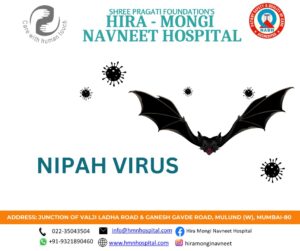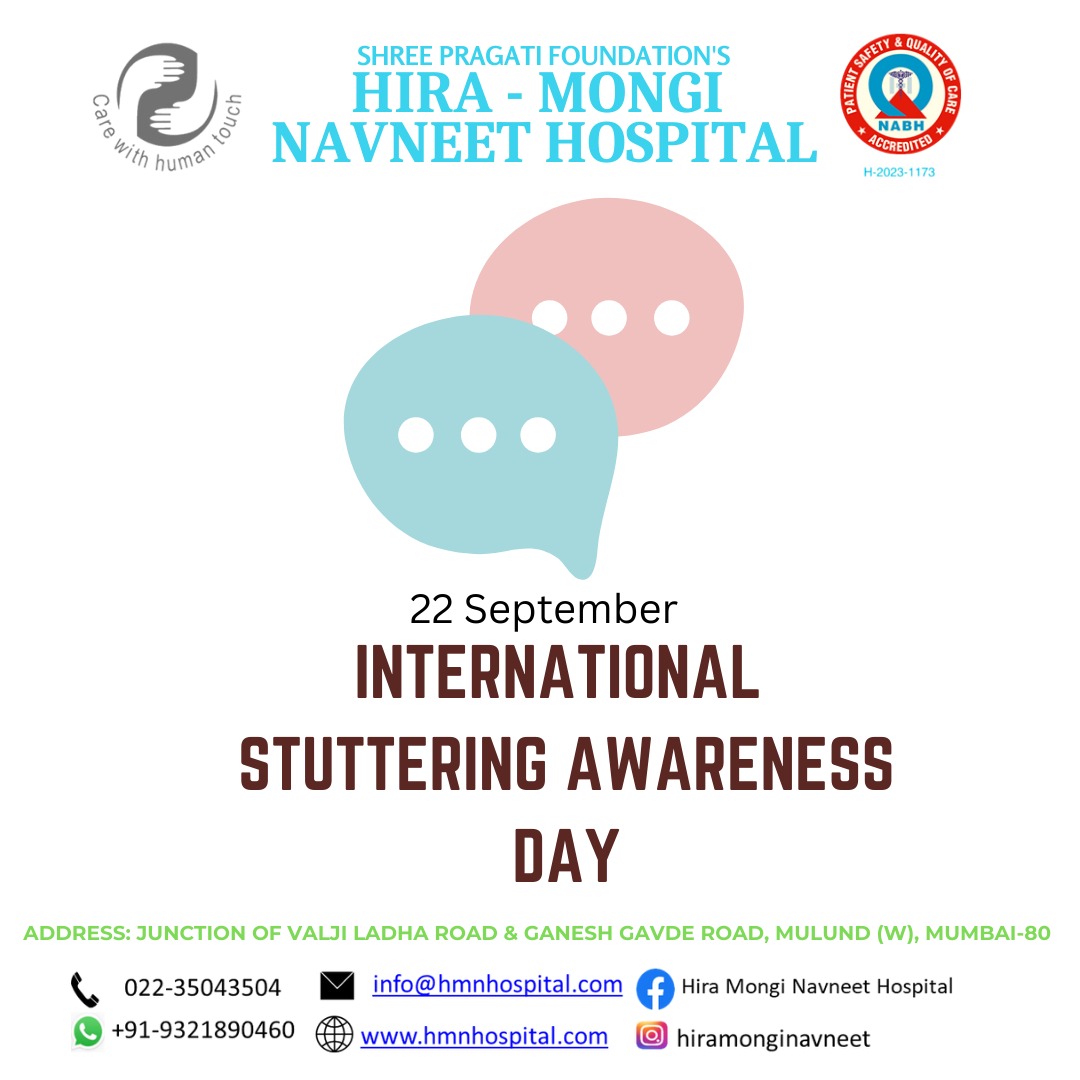NIPAH VIRUS
 Nipah virus is a highly infectious and deadly virus that was first identified during an outbreak of the disease in Malaysia in 1998. The virus is transmitted from animals to humans, typically through consumption of contaminated food or direct contact with infected animals. The disease has a mortality rate of up to 75% and there is currently no specific treatment or vaccine available for the virus.
Nipah virus is a highly infectious and deadly virus that was first identified during an outbreak of the disease in Malaysia in 1998. The virus is transmitted from animals to humans, typically through consumption of contaminated food or direct contact with infected animals. The disease has a mortality rate of up to 75% and there is currently no specific treatment or vaccine available for the virus.
Nipah virus is a zoonotic virus, which means it is primarily carried by animals such as bats, pigs, and other domestic animals.
HOW DOES THE VIRUS TRANSMITS?
- Fruit bats are considered the natural hosts of the virus and can spread the disease to other animals through their saliva and urine.
- Pigs can be infected by consuming fruit or other foods contaminated with bat droppings or saliva.
- Humans can then contract the virus by coming in direct contact with infected animals or consuming contaminated food and drink.
Once contracted, the disease can cause a range of symptoms:
- including fever
- headache
- muscle pain
- vomiting
- dizziness
In severe cases, it can lead to acute respiratory distress syndrome, encephalitis or inflammation of the brain. The disease is highly contagious and can spread rapidly among people in close contact with one another.
The Nipah virus outbreak in Kerala, India in 2018 claimed 17 lives and caused widespread panic in the region. The Indian government took swift action to contain the spread of the virus by screening airline passengers, closing schools and postponing public gatherings. The WHO also sent a team of experts to the region to assess the situation and provide support to the local health authorities.
TREATMENT & PREVENTION:
There is currently no specific treatment or vaccine available for the Nipah virus, and the best way to prevent infection is through good hygiene practices and avoiding contact with infected animals or their bodily fluids.
Health professionals recommend regular hand washing, avoiding direct contact with sick people, staying away from bat caves or places where bats roost, avoiding consumption of raw fruits and vegetables if in contact with bats, and wearing protective clothing when handling potentially contaminated animals.
Nipah virus is an infectious and deadly virus that requires urgent attention and action from health professionals, stakeholders and governments.
The best way to protect oneself from the virus is through good hygiene practices and avoiding direct contact with infected animals or their bodily fluids. Research into this virus and the development of effective treatments and vaccines is essential, given the potentially devastating consequences of outbreaks and the ongoing risk to human health and safety.


